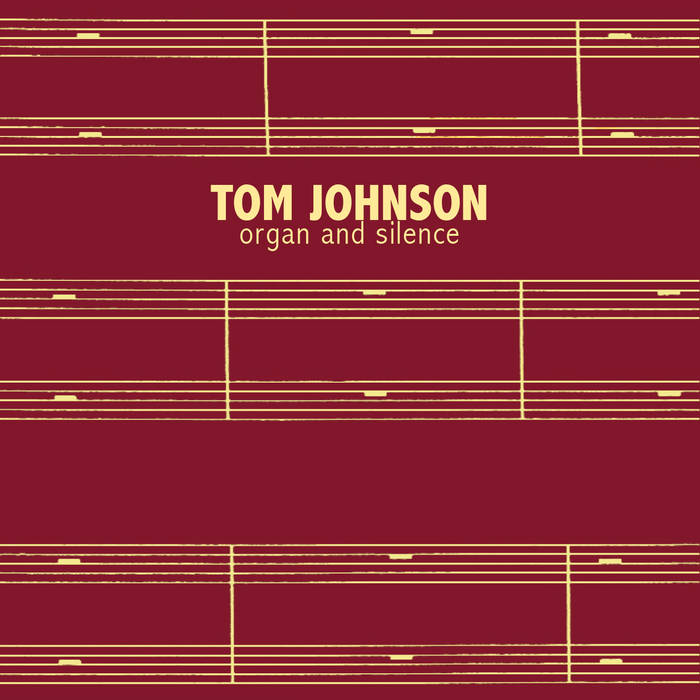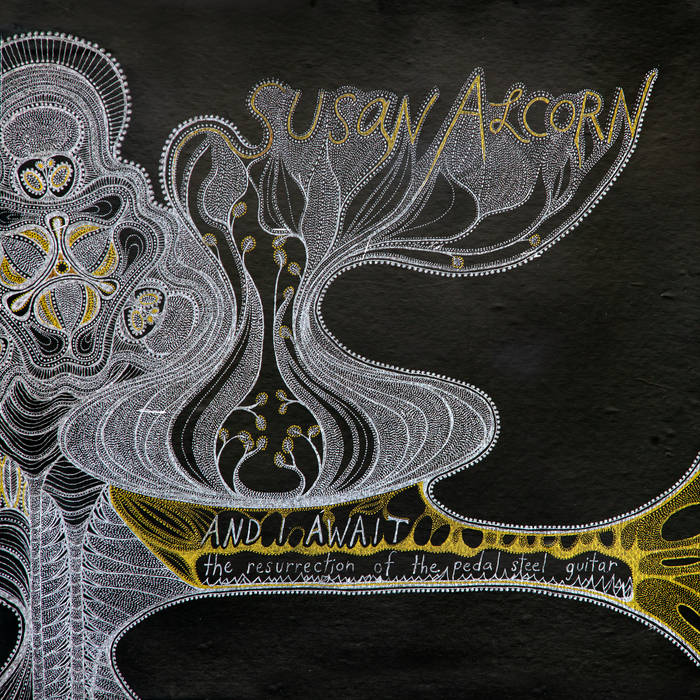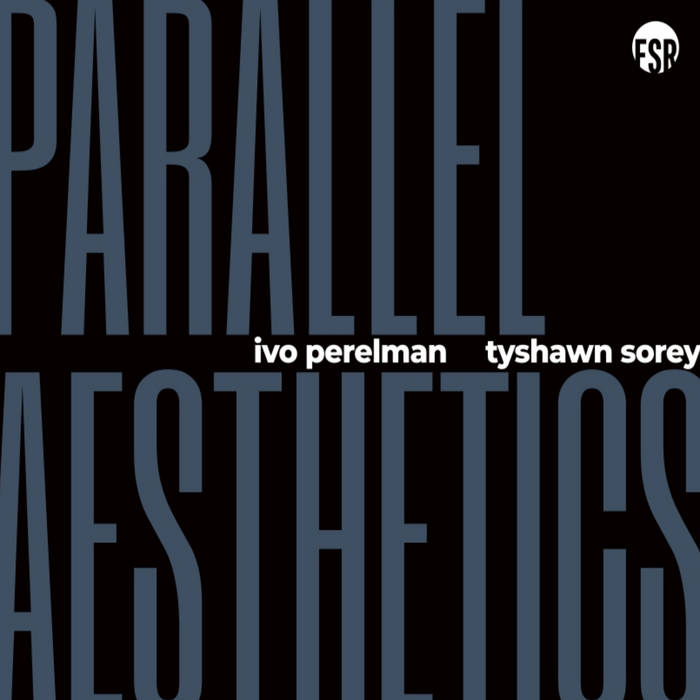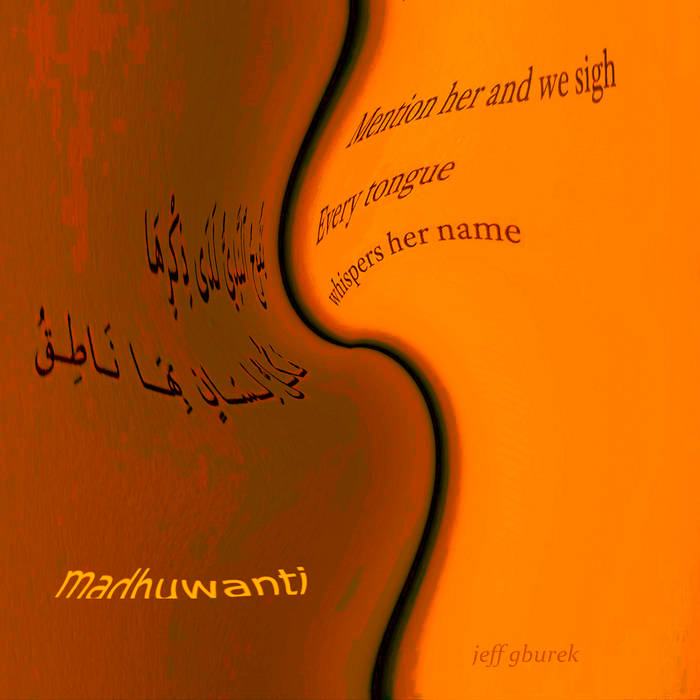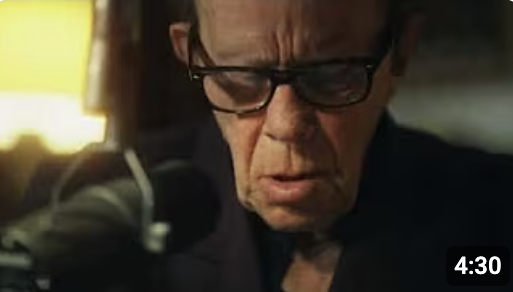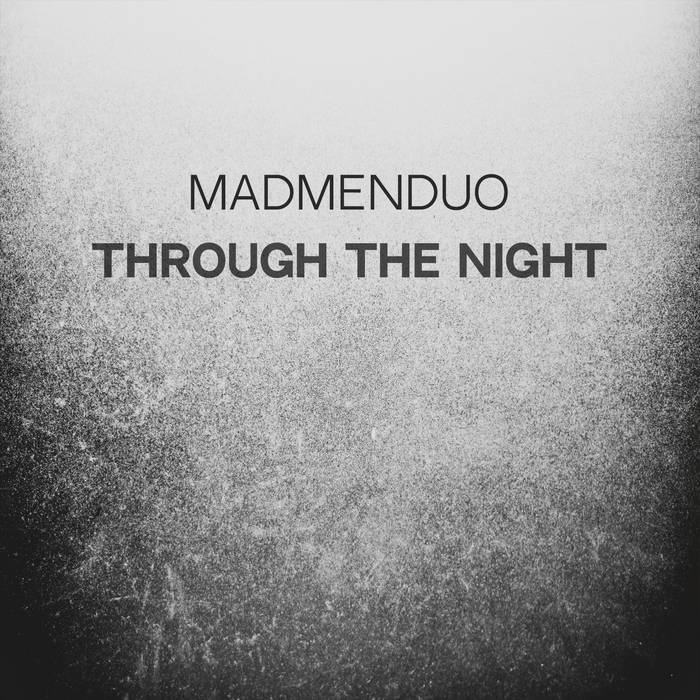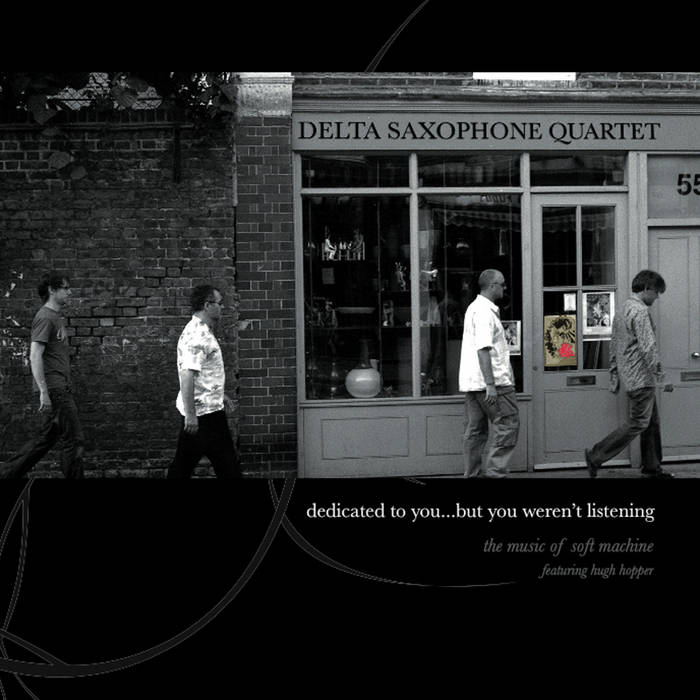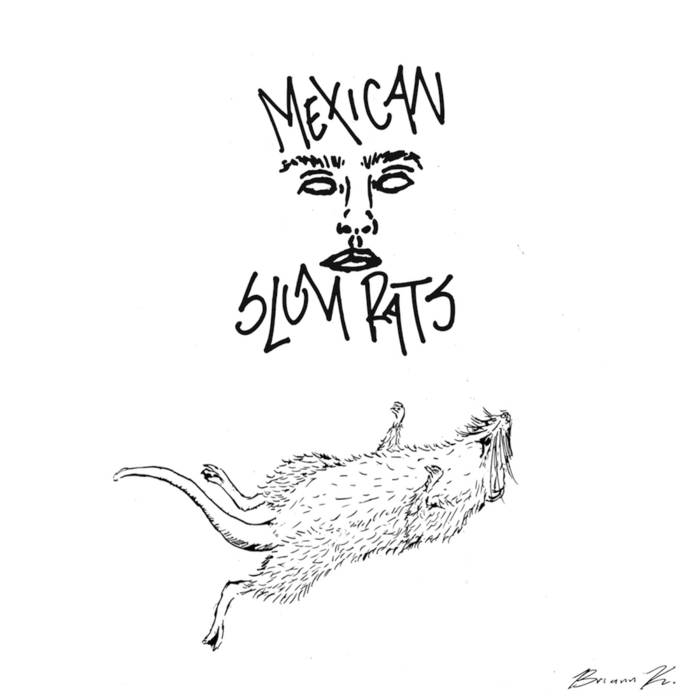From the ANTS Bandcamp site: “A music concerned for, as the author writes in the disc notes, “… the importance of silence in music…”. This work is conceived not “for organ” but, really, for “organ and silence”, as the silence is a fundamental part of it, and it’s not possible Continue Reading
Susan Alcorn – And I Await the Resurrection of the Pedal Steel Guitar
Susan Alcorn passed away in January of this year, leaving a gaping hole in the improv community. I believe it was Ian Nagoski of Canary Records who enlightened me to this recording being available, and it is gorgeously recorded. The pedal steel guitar is played sublimely by Alcorn, who uses Continue Reading
Ivo Perelman & Tyshawn Sorey – Parallell Aesthethics
This release pairs Ivo Perelman and Tyshawn Sorey, two of the leading lights of the improv jazz scene. From the Fundacja Słuchaj Bandcamp site: “This year we are celebrating the 10th birthday of our label. On this occasion, we have prepared a lot of surprises and very unique musical offerings Continue Reading
Jeff Gburek – Madhuwanti
Madhuwanti is a collection of guitar instrumentals played sublimely by Jeff Gburek. The title name itself comes from Hindustani music and can read about further here. The playing is as honey-like as the title implies. How, you ask? Let the good man explain further at his Bandcamp site: “Madhu means Continue Reading
Tom Waits – Tom Traubert’s Blues (Live 2025)
No reviews today, but I did want to share Tom Waits performing Tom Traubert’s Blues on Italian television recently.
Scanner & Nurse with Wound – Contrary Motion
It looks so strange to see these two names paired up together for the first time, yet it feels weird that they had never collaborated before (to my knowledge). Neither project should need an introduction as both Robin Rimbaud (Scanner) and Steven Stapleton (Nurse With Wound) have nearly four decades Continue Reading
MadMen Duo – Through the Night
Our dear friends at Mahorka Records continue to surprise and delight us. Their latest release features two musicians, the MadMen Duo (I don’t know where they are from, but they did record these tracks in Bulgaria if I understand correctly) whose music comes off as a wonderfully dark combination of Continue Reading
Delta Saxophone Quartet – Dedicated To You But You Weren’t Listening: The Music Of Soft Machine
Dedicated To You But You Weren’t Listening: The Music Of Soft Machine is an exceptional album full of renditions of classic Soft Machine material and includes the legendary Hugh Hopper. From the Bandcamp site: “Since initially being formed in 1984, the Delta Saxophone Quartet has never sought or found a Continue Reading
Nota Bene – On The Road
No posts today, folks, off to a doctor’s visit.
Mexican Slum Rats – Slum Rat
I get to do my avuncular duty with a bit of pride today, as my niece, Abi, insisted I listen to her current favorite band. The Mexican Slum Rats are Los Angelinos who are deeply loyal to the L.A. punk scene, but what struck me most by this early album Continue Reading
